Advancements in EV Charging: Storage Tech and Grid Innovations
Abstract: As electric vehicles become more prevalent, the development of charging infrastructure becomes a key factor in driving the future of electric transportation. This article delves into the latest advancements in storage technologies and grid architecture within electric vehicle charging systems. It covers various innovative technologies and systems aimed at enhancing charging efficiency, reducing energy consumption, and promoting the integration of renewable energy.
1: Advances in Storage Technologies
1.1 High Energy Density Battery Technology
With continuous innovation in battery technology, high energy density batteries are emerging as the mainstream in electric vehicle charging systems. The progress in this technology increases the energy storage capacity of batteries, extending the range of electric vehicles and providing users with longer driving distances.
1.2 Solid-State Battery Technology
Solid-state batteries offer higher safety levels and faster charging speeds compared to traditional liquid batteries. This section provides a detailed overview of the principles and applications of solid-state battery technology, along with its prospects and potential challenges in electric vehicle charging systems.
1.3 Flow Battery Technology
Flow batteries, utilizing flowing electrolytes to store energy, boast advantages such as strong scalability and long lifespan. This part explores the applications of flow battery technology in electric vehicle charging systems and its potential role in large-scale charging infrastructure.
2: Innovations and Developments in Grid Architecture
2.1 Smart Grid Technology
In the grid architecture of electric vehicle charging systems, the introduction of smart grid technology signifies a revolution in the power industry. With its efficient energy management, load balancing, and real-time monitoring, smart grid technology propels charging systems toward greater intelligence and sustainability.
2.1.1 Energy Management
The intelligent algorithms of energy management systems analyze real-time data, enabling the charging system to intelligently schedule based on power demand and supply conditions. This enhances energy utilization, reduces grid burdens during peak hours, and achieves intelligent energy distribution.
2.1.2 Load Balancing
To ensure grid stability and alleviate load pressure, load balancing plays a crucial role in smart grid technology. By monitoring real-time charging equipment and grid load conditions, the system intelligently distributes current and power, ensuring even distribution of charging stations throughout the grid, thus improving energy utilization efficiency.
2.1.3 Real-Time Monitoring
Real-time monitoring is a vital component of smart grid technology. By monitoring data such as charging station status, battery charging status, and energy consumption, operators can promptly identify and respond to equipment faults or network issues, enhancing the availability and reliability of the charging system. This real-time feedback mechanism helps minimize the impact of system faults on charging services.
2.2 Distributed Energy Storage Systems
2.2.1 Architectural Design
The architectural design of distributed energy storage systems involves centralized and decentralized solutions. This section elaborates on different design approaches, including centralized and decentralized energy storage units, catering to diverse regions and requirements.
2.2.2 Advantages and Challenges
Distributed energy storage systems enhance system reliability and improve grid safety and flexibility. However, challenges such as system integration, cost management, and technical standards persist. This section delves into these advantages and challenges, proposing solutions to drive wider adoption of distributed energy storage systems.
2.2.3 Application Cases
Successful application cases of distributed energy storage systems demonstrate their effectiveness in real-world environments. Covering various scales and purposes, from urban-scale charging networks to off-grid systems in remote areas, these cases not only prove the feasibility of distributed energy storage systems but also provide valuable insights for future implementations.
2.3 Application of Blockchain Technology in Electric Vehicle Charging Systems
2.3.1 Charging Payments
Blockchain technology enhances transparency and security in charging payments. Utilizing smart contracts and decentralized ledgers, the payment process becomes more transparent, efficient, and reduces fraud risks. This section details the application of blockchain in charging payments and discusses its advantages.
2.3.2 Energy Traceability
Blockchain technology facilitates energy traceability by recording the generation and usage of energy on a transparent ledger. Users can trace the source of electricity, verifying whether it originates from renewable sources. This contributes to the acceptance of sustainable energy and promotes the overall sustainability of electric vehicle charging systems.
2.3.3 User Identity Verification
In charging systems, user identity verification is crucial for ensuring system security. Blockchain technology offers a decentralized identity verification system, protecting user privacy while ensuring system security. This authentication method eliminates the single-point failure risk associated with traditional centralized authentication systems, improving the overall security of the system.
By providing a comprehensive overview and analysis of these developments, this article aims to deepen the understanding of the innovations in storage technology and grid architecture within electric vehicle charging systems. These technological advancements not only improve charging efficiency but also lay a robust foundation for the widespread adoption of electric vehicles, aligning with the global shift toward sustainable and efficient transportation.
Subscribe to Us !
-
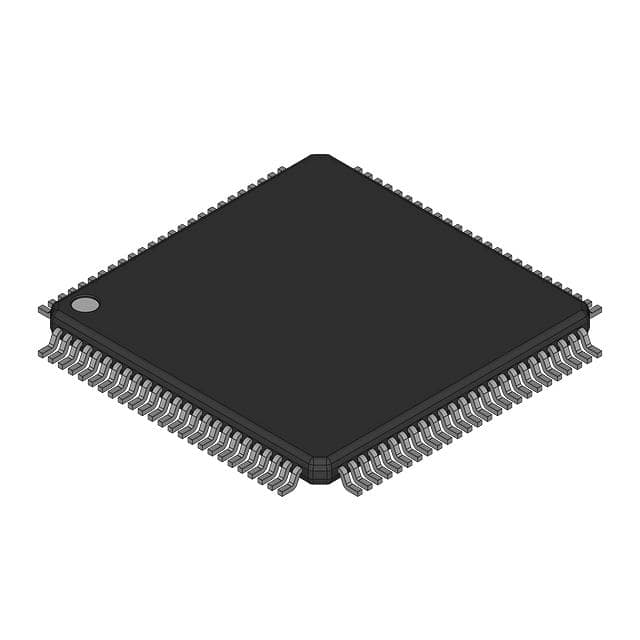 LV71081E-MPB-E
LV71081E-MPB-Eonsemi
-
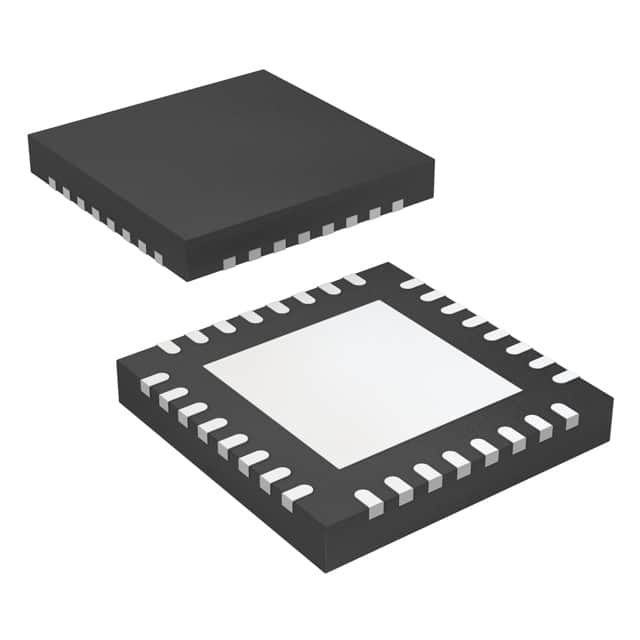 LMK00334RTVRQ1
LMK00334RTVRQ1Texas Instruments
-
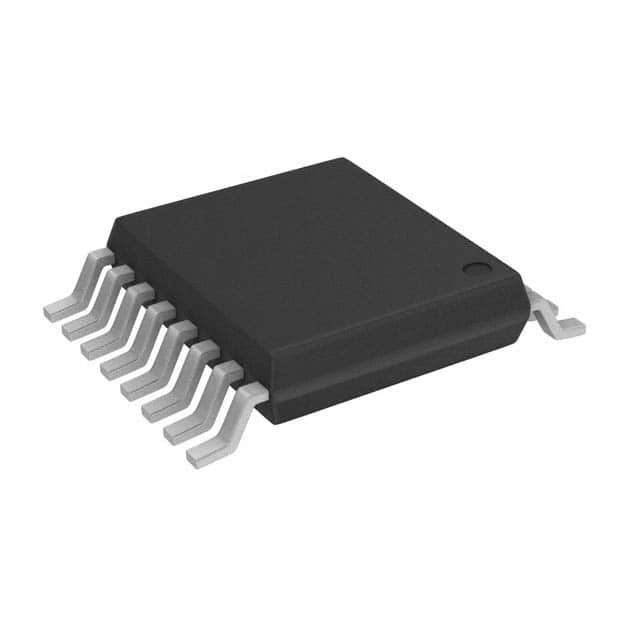 PI6C557-03LEX
PI6C557-03LEXDiodes Incorporated
-
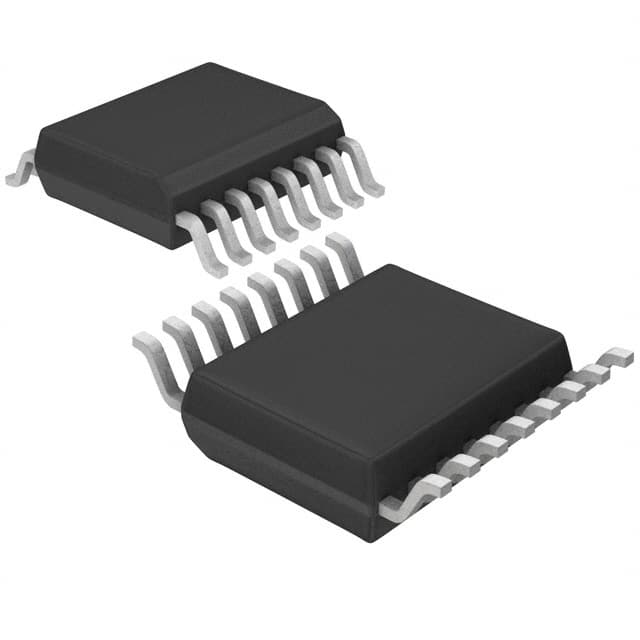 PCM1753DBQR
PCM1753DBQRTexas Instruments
-
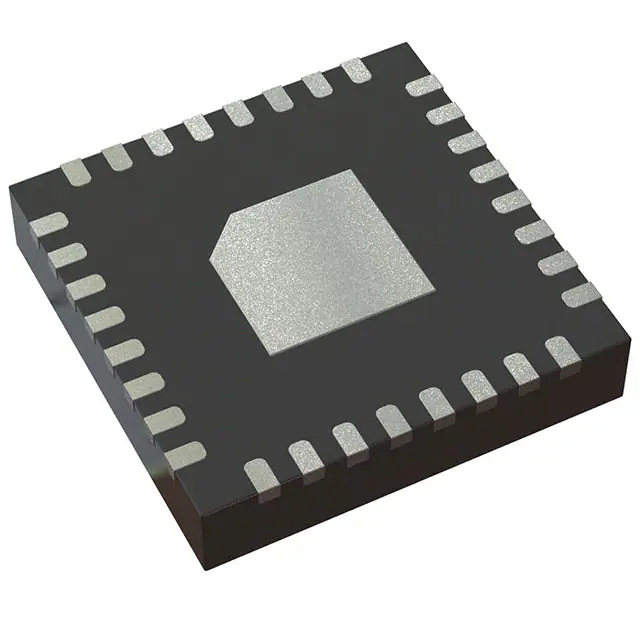 ADS1204IRHBT
ADS1204IRHBTTexas Instruments
-
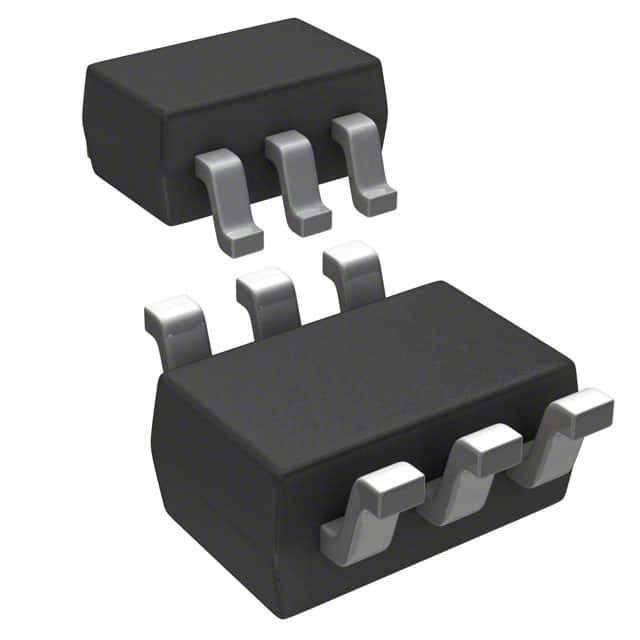 MCP4018T-104E/LT
MCP4018T-104E/LTMicrochip Technology
-
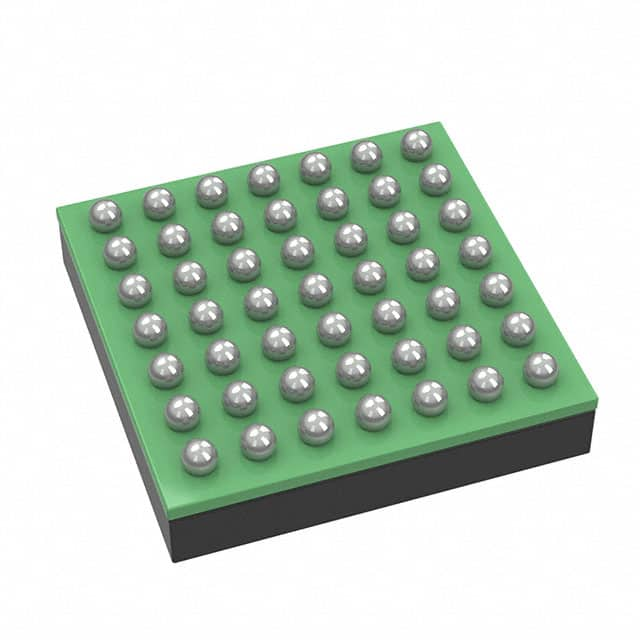 T4F49C2
T4F49C2Efinix, Inc.
-
.jpg) A40MX02-PLG44
A40MX02-PLG44Microchip Technology
-
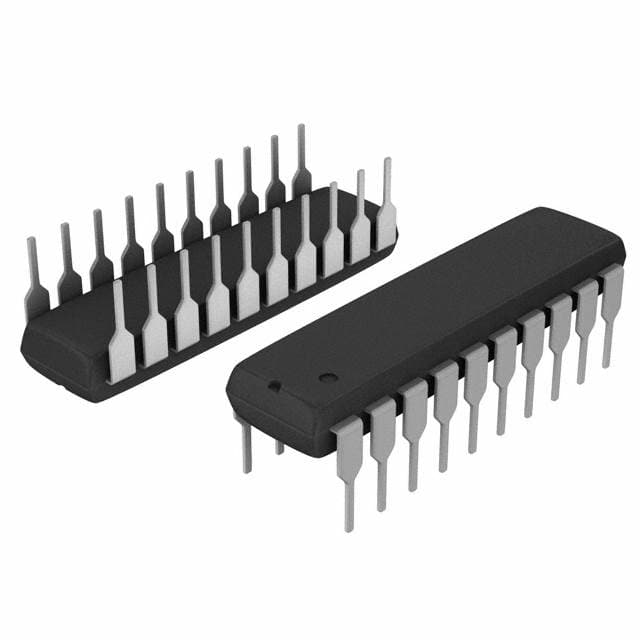 ATF16V8C-7PU
ATF16V8C-7PUMicrochip Technology
-
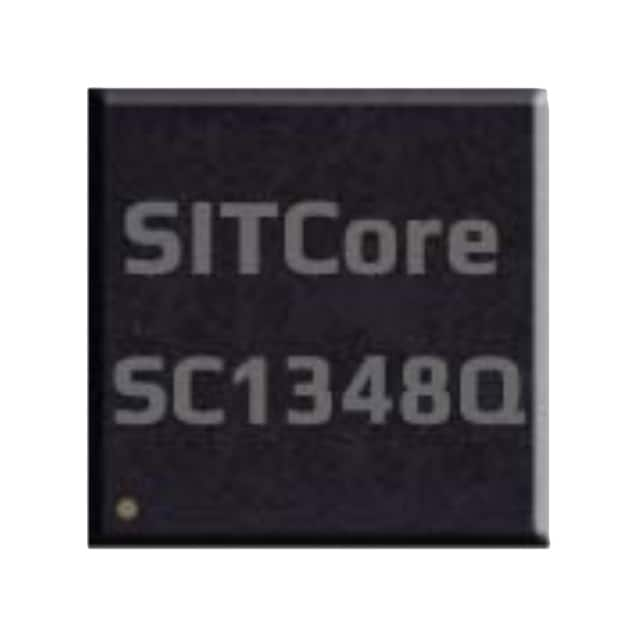 SC-13048Q-A
SC-13048Q-AGHI Electronics, LLC

